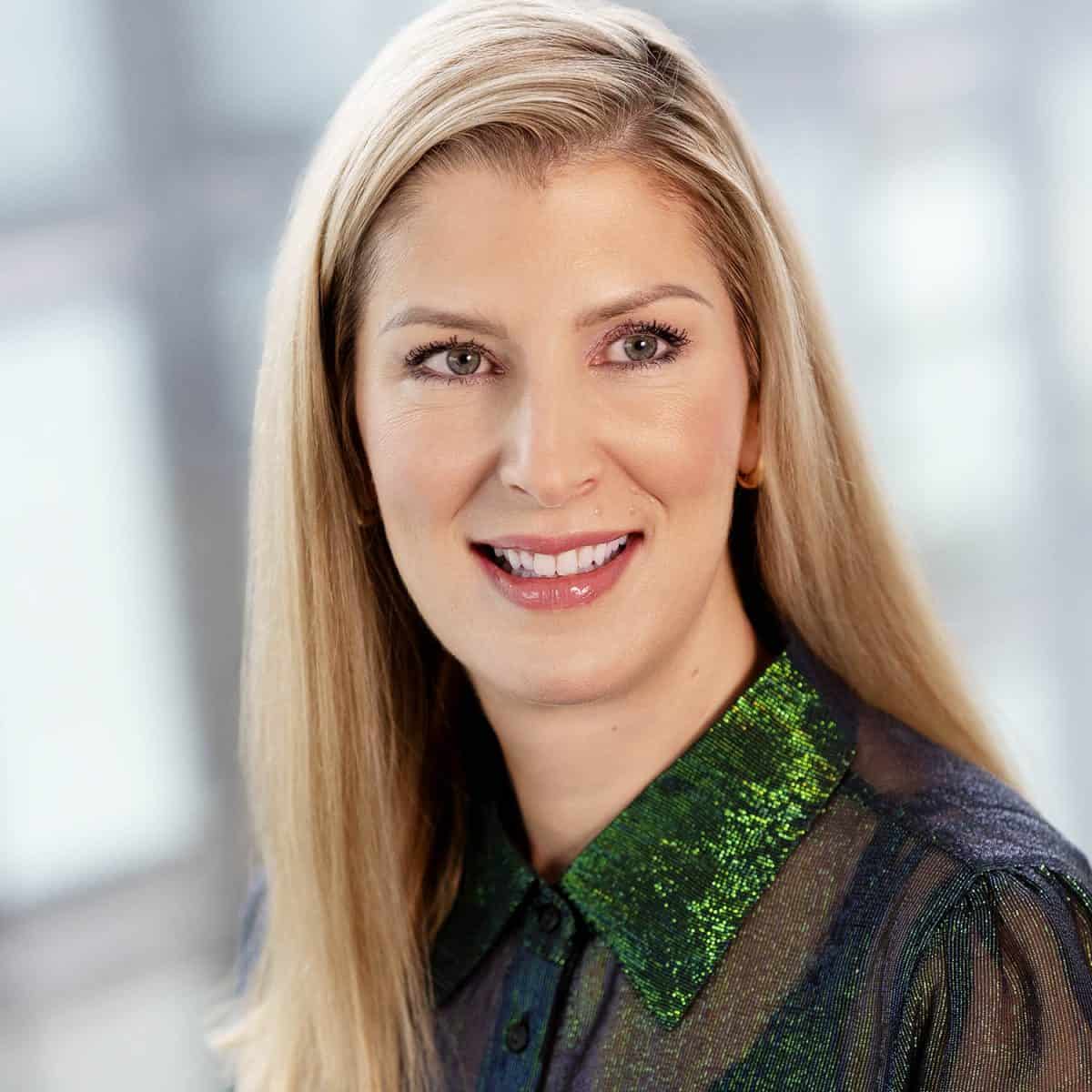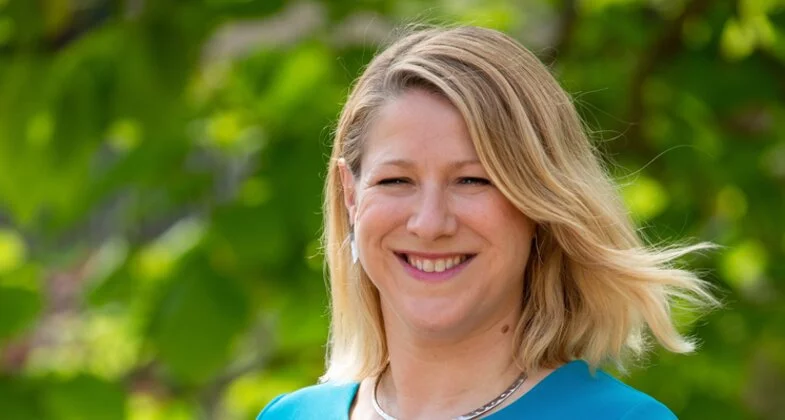Five minutes with…Scott Jacobson, Director of Fundraising & Marketing at UJIA
At the start of 2020 I began working with the United Jewish Israel Appeal (UJIA) to recruit their Director of Fundraising and Marketing, which was a newly created role for the charity. The Director of Fundraising and Marketing is a key member of the UJIA’s leadership team and will play a crucial role in helping the organisation communicate and engage with its supporters in innovative ways and thinking of new, creative approaches to reaching a wider audience through the communication of the UJIA story.
Scott Jacobson started in the role in April 2020; Berwick Partners’ Sandra Hamovic talks to Scott about his experience of joining the charity in the midst of lockdown.
What was the remote onboarding process like?
The process was quite similar to a traditional one, really. There were lots of virtual induction sessions with my direct reports and other members of the senior management team, as well as the usual HR and IT inductions. I also had to get acquainted remotely with our agency partners. I was invited to lots of virtual meetings and copied in on loads of emails. It’s amazing how easy it is for your inbox to start getting the best of you even when you’ve barely been onboard a week.
How does your experience of starting your new role in lockdown compare to starting your previous roles under normal circumstances?
There are trade-offs, obviously, but I am quite accustomed to working from a home office as I have done it on and off over the years. It’s frustrating not to be able to meet and get to know new colleagues in person but doing it virtually has been working out pretty well. On the flip side, sometimes when you have a new role and are trying to achieve a breakthrough, you just want to get a few people in a room and brainstorm or problem solve – and for those scenarios, doing it virtually just isn’t as productive.
What has been your approach to getting to know your new colleagues remotely?
One thing for sure is that it’s easier to remember people’s names; there are no walk-arounds where you are introduced to people whose names you forget the minute you move on to the next person, and no random introductions in a hallway or when someone walks up while you’re talking to someone else. It’s the same with meetings, when you’re new and you’re in a meeting with a bunch of people, it’s hard to remember their names let alone what their roles are. But with Zoom, you just look down and to the left and their name is usually right there. Beyond names and roles, though, I’m getting to know people by connecting with them via the various platforms available – mostly Zoom, email, WhatsApp and just plain old phone calls (and if it’s just two us, I almost always suggest the latter). The line between work and personal life is more blurry with everyone working from home as well, which makes it a bit easier to get to know people – though of course there is the flip side. Finally, I tend to be a pretty informal person and I love humour, both of which tend to be positives when getting to know new colleagues – virtually or otherwise.
What are the advantages of starting a new role in lockdown?
I’ve mentioned some of these above, but others include being less concerned about appearances – not only in terms of physical first impressions, but what time you arrive, when and where you have lunch (and with whom) and when you leave. I know that sounds silly, but until one settles into a rhythm and routine, these sorts of things can be distracting. There’s also more freedom to take a breather by walking into another room or just enjoying some quiet for a few minutes (if you’re lucky enough to have quiet at home as I do).
What have you done to motivate your team and look after their health & well-being during this challenging time?
To be honest, probably not nearly enough. Quite a few of my team went on furlough the same week I joined, so although we all did a Zoom meeting the week before to say hello, since then I have only worked with the ones who have not been furloughed. So, by now (I’ve just completed my first month) I probably should have checked in once or twice with those on furlough who I know are feeling a bit forgotten. Beyond that, I am just trying to do what I normally do when starting a new job which is to add as much value as soon as I can and focus on what I was brought on to do. If I do that well, then hopefully my team will feel motivated because their jobs feel meaningful and they will feel empowered to do them.
Which leadership skills are key when starting a new senior leadership role in lockdown?
1) Communication skills, including knowing what content works best on which platforms. Email is overused in general, but that’s especially true with everyone working remotely. Sometimes it’s better to use Zoom or chat or do it the old-fashioned way and pick up the phone.
2) The confidence to stick your neck out and contribute even though you’re new, since it’s a little easier to hide and avoid being put on the spot. Although it’s equally important not to over-compensate by jumping in too soon. Allow yourself the same learning curve you would in a normal situation.
How has your new employer responded to the COVID-19 crisis?
Between the time I was appointed in February and started in late April, two-thirds of the staff had been furloughed, everyone was working remotely, and a temporary moratorium had been placed on fundraising. That said, even with a skeleton team, there has been an impressive effort to move programs and content online and to continue delivering UJIA’s mission – to keep Jewish people living in the UK connected with Israel, and support communities in need in Israel, some of which need our help now more than ever. Also, UJIA is very much a community and even a family rather than just a workplace, so I would say that has probably intensified a bit – even if it’s hard for me to say for sure having only just joined.
For more information, please contact Sandra Hamovic, a Principal Consultant in the Not for Profit practice at Berwick Partners.






